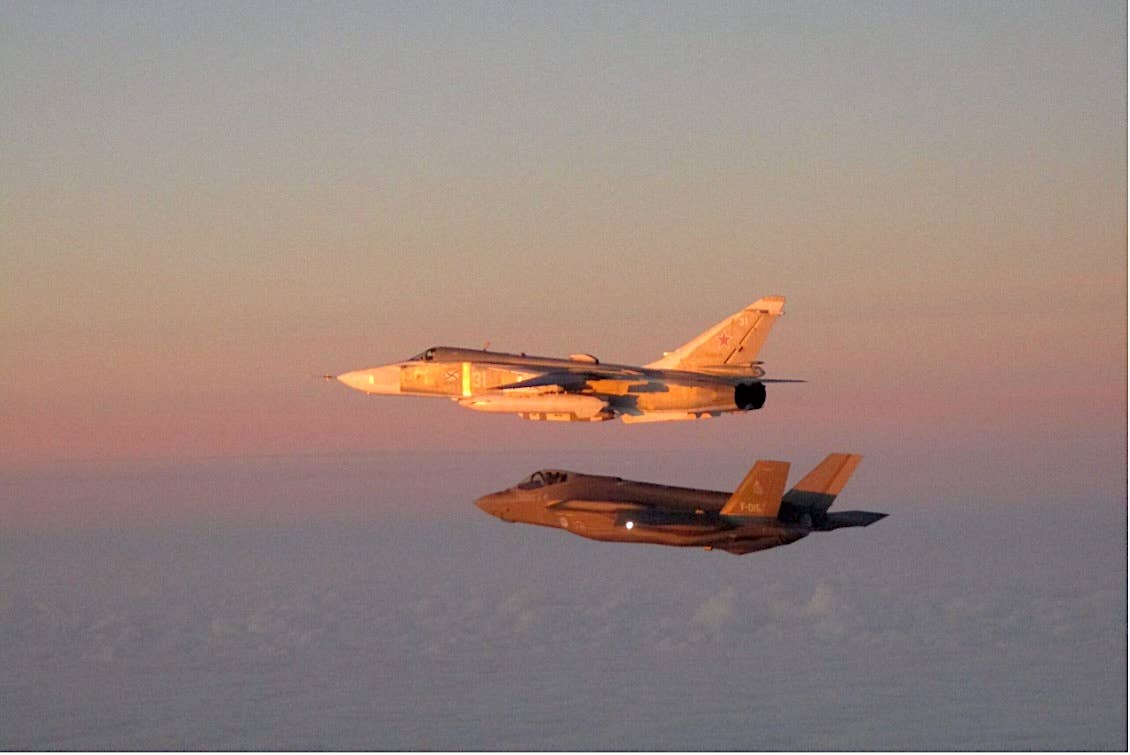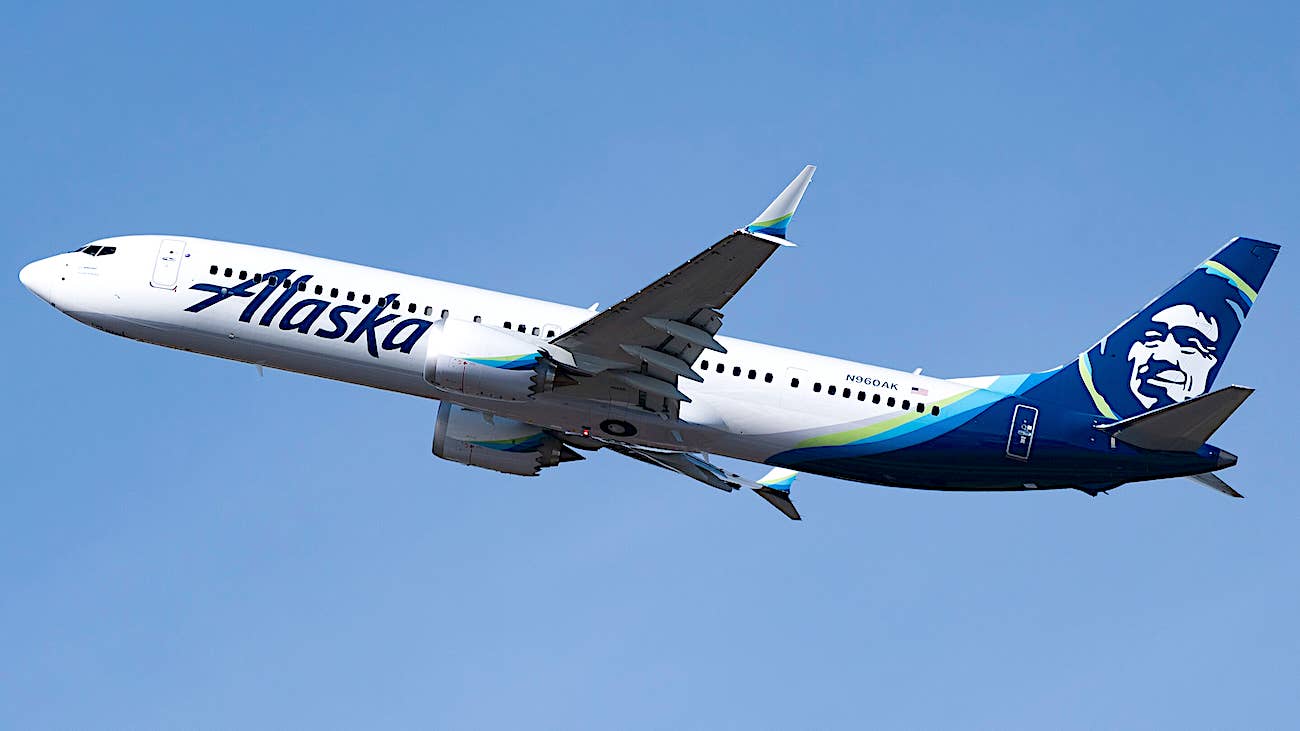Delta To Retire 777 Fleet
Delta CEO Ed Bastian announced on Thursday that the airline will permanently retire its Boeing 777 fleet by the end of the year. According to Bastian, the decision was made…

Image: Delta
Delta CEO Ed Bastian announced on Thursday that the airline will permanently retire its Boeing 777 fleet by the end of the year. According to Bastian, the decision was made due to the drop in travel demand caused by the coronavirus (COVID-19) pandemic. Following the retirement of its 18 777s, Delta’s long-haul routes will be flown exclusively by the company’s A330s and A350-900s. The airline previously announced plans to accelerate retirement of its MD-88s and MD-90s to June 2020.
“Our principal financial goal for 2020 is to reduce our cash burn to zero by the end of the year, which will mean, for the next two to three years, a smaller network, fleet and operation in response to substantially reduced customer demand,” Bastian said in a memo to employees. “An important tool to help us achieve these goals is retiring older aircraft and modernizing our fleet as we plan for the future.”
Delta has more than 650 aircraft parked due to the pandemic and resultant economic slowdown. The airline reported that more than 41,000 employees have taken voluntary leaves of absence and customer refunds amounting to over $1.2 billion have been issued since the crisis began. Bastian noted that Delta is currently burning about $50 million a day.






